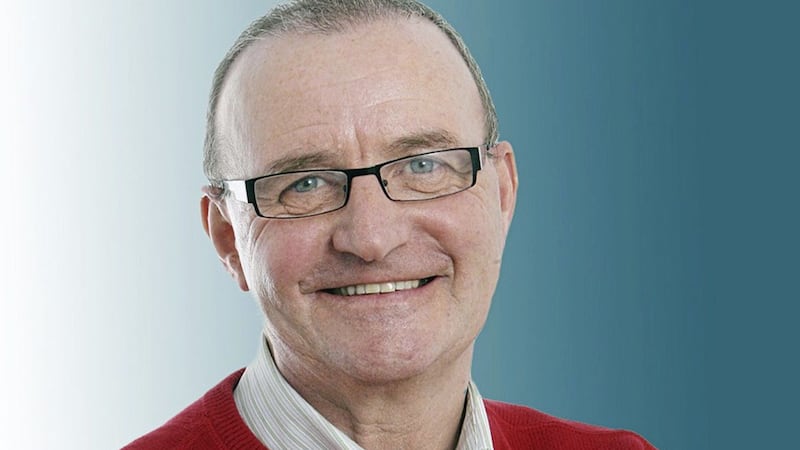On January 21 the Irish government marked the establishment of Ireland’s first national, sovereign, parliament – An Chéad Dáil.
It organised a joint sitting of the Oireachtas, Dáil and Seanad and invited MPs and MLAs to the Mansion House – where An Chéad Dáil met one hundred years ago.
An Chéad Dáil assembled the representatives of the vast majority of the Irish people, under the leadership of Sinn Féin.
The joint sitting of the Oireachtas represented the vast majority of the Irish people: Fine Gael, Fianna Fáil, Sinn Féin, Labour and independents, under the leadership of the Irish government.
Last Saturday in Belfast’s Waterfront Hall, a gathering of more than 1,500 nationalists met under the leadership of the civic nationalist group, ‘Ireland’s Future’.
It provided a very important platform for the Irish government, Sinn Féin, Fianna Fail, SDLP, Green Party – representing, again the majority of the Irish people, and leading figures from the nationalist community: lawyers, columnists, human rights advocates and political activists.
One hundred years of conflicted history separated the assembly of An Chéad Dáil in Dublin and the gathering last Saturday.
The issues facing those who attended all three events was Ireland’s independence and the injustice of partition.
I have been to conferences of various kinds for over forty years.
Last Saturday’s conference was distinctively different and impressive for several reasons: the subject discussed was ‘Beyond Brexit: The Future of Ireland’ and the political breadth of those who attended and those who spoke on the platform was obvious.
This was nationalist and republican Ireland under one roof debating one issue: a new Ireland.
In my political lifetime I have never seen an audience like this before debating the issues they did.
Nor have I seen such a mood. The loudest applause greeted any speaker who even hinted at a united Ireland, a new Ireland or all-Ireland institutions. There was no applause for anyone suggesting that the north’s institutions should be restored or that now was not the right time to call for a united Ireland or a unity/border poll. There was, however, loud applause for speakers calling for engagement with unionists.
The mood was upbeat, confident and optimistic with a solution-focused view of the future.
There was agreement that Brexit had fundamentally altered the political situation.
That the British government having partitioned Ireland one hundred years ago were trying again, for a second time, to partition Ireland with an economic border – a British Brexit border.
And it was doing so in exactly the same manner it did in 1919, when it ignored the democratic will of the Irish people and the democratic will of the people of the north in 2016 who voted to Remain in the EU.
In 1919 it imposed British rule at the point of a gun. In 2019 it imposes Brexit rule at the point of a DUP/Tory deal.
The primary issue at the conference was how a new independent Ireland was to be achieved and what practical steps needed to be taken to achieve it. A close secondary issue was the need for legal protection for the rights of Irish nationalists in the north including Irish language rights.
There was a crisis of equality and rights and Irish people risked being stateless – stripped of their Irish identity and legally viewed as British not Irish.
The solutions offered ranged across the national spectrum: a new Ireland based on equality and human rights; a unity/border poll; the full implementation of the Good Friday Agreement; the restoration of the executive and assembly on a human rights and equality basis; the formation of an all-island civic assembly; a Bill of Rights and a new human rights treaty and continued EU representation for the people of the north by the Irish government allocating the two extra EU seats arising from Brexit to the north.
Take the fear out of the united Ireland debate; have an informed debate now about what a new united Ireland would look like before a unity/border poll; learn the lesson of the Brexit chaos – pre-plan and discuss the transition to independence.
The Waterfront Hall conference came at the end of an important week which saw the welcome arrival of Fianna Fáil in partnership with the SDLP.
Fine Gael and Labour should follow and join the rest of us in ending partition and creating a new independent Ireland.








